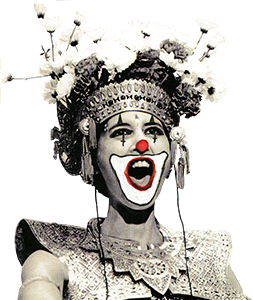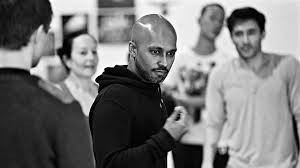Lily Allen has backed a new project that aims to use theatre to tackle cyber bullying.
The Cyberscene initiative supports young people who have been affected by cyber bullying through a series of theatre workshops in London.
It is linked to the world premiere of Emily Jenkins’ play Cookies, which explores the risks of online behaviour such as sexting, revenge porn and verbal abuse.
Cookies, directed by Anna Ledwich, will run at the Theatre Royal Haymarket in London on October 29 at 3pm and 6.30pm.
Actors Ted Reilly, Maddy Hill and Viola Grosvenor join Allen as ambassadors to the Cyberscene project, which will see 120 students from four London colleges explore the risks young people face online.
The ambassadors will join in with the workshops and listen to the young people’s experiences, and offer advice.
Judi Dench, who is a patron of the Theatre Royal Haymarket’s Masterclass Trust, which has created Cyberscene, has also previously voiced her support for the project.
Of the 120 students, 25 will be selected to perform alongside a professional cast in Cookies.
Allen said: “As someone who’s well aware of the potentially distressing aspects of being online, I’m thrilled to be working with and supporting the Cyberscene project and such a vibrant, inspiring group of young people.
“I believe that allowing them to tell their stories and share them so widely through the play Cookies will equip us all with the tools to combat the adverse effects of cyber bullying head on.”
Reilly added: “Theatre has an unrivalled power to advocate change by creating communities of impassioned people ready to challenge your perceptions.”
Cyberscene has been created by the Theatre Royal Haymarket Masterclass Trust in partnership with the Pureland Foundation and children’s charity Kidscape.
The project has been delivered under the artistic guidance of theatre director Jonathan Church.









